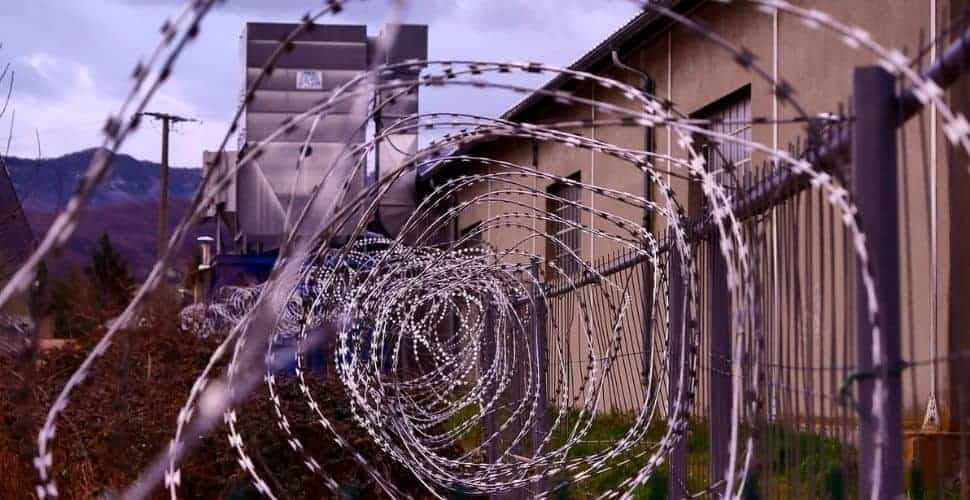CoreCivic, the second largest private corrections company in the U.S. has lost two of three underwriters for its $633.5 million bond deal for two new men’s correctional facilities in Alabama.
Barclays PLC was the lead underwriter – amid much controversy. In 2019, Barclays said it would not provide financing to private prison companies. But it defended its underwriting role in the Alabama bond sale with the fact that the state would operate and run the prisons. This did not impress activists.
Reuters reports that activists wrote a letter this month stating,
“There should be no tolerance for any company or investor that benefits from a business model dependent on the imprisonment and continued captivity of other men and women.”
The Social Venture Circle recently dropped Barclays, refunding its $15,000 sponsorship and membership dues because of the bank’s participation in the bond sale.
Barclays has responded to the public pressure, withdrawing from the deal and stating, “[W]e recognize that this is a complex and important issue. In light of the feedback that we have heard, we will continue to review our policies.”
They join a growing list of banks that are steering clear of companies like CoreCivic. In February, Alabama’s Region’s Bank publicly cut ties with the company for its inhumane practices and forced labor allegations.
The second underwriter to pull out of the deal is KeyBanc Capital Markets. As of April 22, CoreCivic’s stock is down 2.98% at 8.47 per share on the New York Stock Exchange.
CoreCivic intends to go ahead with their Alabama plans. They accuse activists of being “reckless and irresponsible,” claiming that their plans for Alabama would help solve a raft of issues. But advocates say that new facilities will not address Alabama prisons’ deep-seated problems. Alabama’s prisons are notorious for being unsafe for inmates.
Last year, the U.S Department of Justice filed a federal lawsuit against the state of Alabama and the Alabama Department of Corrections for violating the rights of inmates to protection from prisoner-on-prisoner violence, sexual abuse and excessive force by prison guards.
But partnering with a company under fire for the forced labor and other injustices against prison inmates is unlikely to help solve Alabama’s case. Supporting companies such as CoreCivic is not the route states should take to safeguard human rights.
Freedom United continues to call on all private and public industries to divest from prison slavery. Join us and take action to end prison slavery in the U.S. today.







Freedom United is interested in hearing from our community and welcomes relevant, informed comments, advice, and insights that advance the conversation around our campaigns and advocacy. We value inclusivity and respect within our community. To be approved, your comments should be civil.